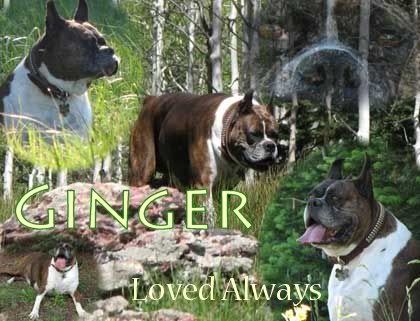Well most food horses eat is "dead" unless they are on pasture, and pasture is actually NOT always good for horses. It all depends on the grass in the pasture, whether or not it has weeds and other poisonous plants as well, or if it's been rotated with other pastures and the soil reenriched to actually provide adequate nutrients. Just having "grass" won't do anything for the horse unless the ground has been rotated and is the proper kind and fertilized with the appropriate things.
Not to mention, an already overweight horse is at risk for laminitis if they eat too much grass in the spring. To safely put a horse on pasture they need to be gradually introduced to the grass in the spring and not allowed to graze too long as they are coming off winter hay and it can actually do permanent and even lethal damage to them if they are a single horse and allowed to eat all of the new grass. A larger herd will prevent any one horse from eating too much most of the time but some horses can NEVER be on pasture due to risk of laminitis. Horses like that are only able to eat grass hay to prevent permanent damage or death. A properly cultivated and fertilized hay field, cultivated at the proper time and put up without moisture actually has plenty of nutrients in it if it's fresh that year. Obviously old or moldy hay it not nutritious but that shouldn't be fed to them anyway.
Here is a link to how to properly maintain a pasture to actually feed a horse and maintain nutrition. There are also many other factors to take into consideration.
http://www.fairfaxcounty.gov/nvswcd/...rsepasture.htm
Here is also an article from Viginia Tech about avoiding pasture induced laminitis.
http://www.ext.vt.edu/news/periodica...5/aps-506.html
In any event, I hope you are able to enjoy each other's company and if he's going to be living there it would be great for you to spend some time with him, I'm sure he would appreciate the company!








 Reply With Quote
Reply With Quote
Bookmarks